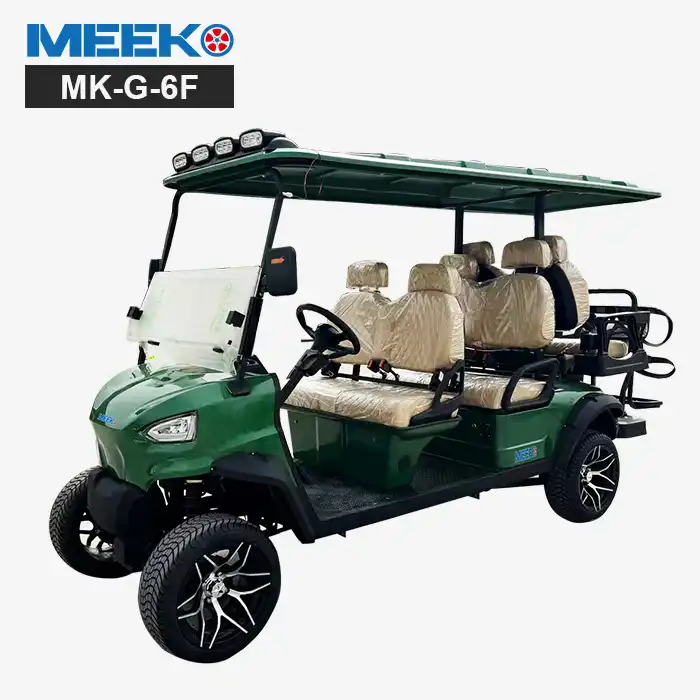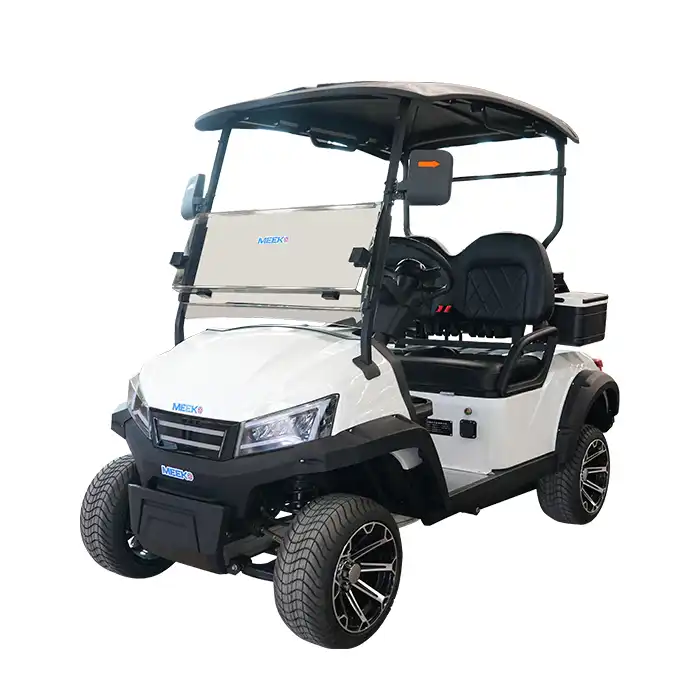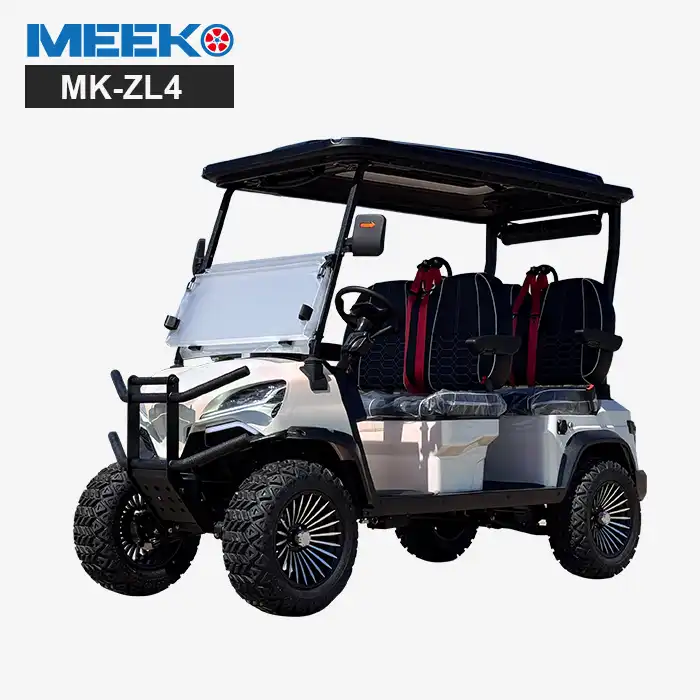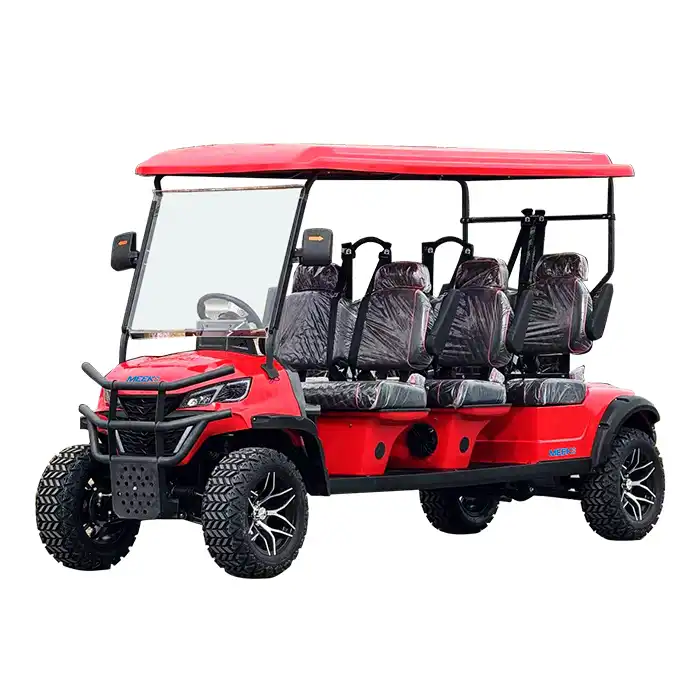- English
- French
- German
- Portuguese
- Spanish
- Russian
- Japanese
- Korean
- Arabic
- Greek
- German
- Turkish
- Italian
- Danish
- Romanian
- Indonesian
- Czech
- Afrikaans
- Swedish
- Polish
- Basque
- Catalan
- Esperanto
- Hindi
- Lao
- Albanian
- Amharic
- Armenian
- Azerbaijani
- Belarusian
- Bengali
- Bosnian
- Bulgarian
- Cebuano
- Chichewa
- Corsican
- Croatian
- Dutch
- Estonian
- Filipino
- Finnish
- Frisian
- Galician
- Georgian
- Gujarati
- Haitian
- Hausa
- Hawaiian
- Hebrew
- Hmong
- Hungarian
- Icelandic
- Igbo
- Javanese
- Kannada
- Kazakh
- Khmer
- Kurdish
- Kyrgyz
- Latin
- Latvian
- Lithuanian
- Luxembou..
- Macedonian
- Malagasy
- Malay
- Malayalam
- Maltese
- Maori
- Marathi
- Mongolian
- Burmese
- Nepali
- Norwegian
- Pashto
- Persian
- Punjabi
- Serbian
- Sesotho
- Sinhala
- Slovak
- Slovenian
- Somali
- Samoan
- Scots Gaelic
- Shona
- Sindhi
- Sundanese
- Swahili
- Tajik
- Tamil
- Telugu
- Thai
- Ukrainian
- Urdu
- Uzbek
- Vietnamese
- Welsh
- Xhosa
- Yiddish
- Yoruba
- Zulu
Off Road Golf Cart Performance Tips You Need to Know
off road golf cart performance optimization has become increasingly crucial as these versatile vehicles expand beyond traditional golf courses into diverse terrains and applications. Enhanced stability, safety features, and improved ground clearance are key upgrades for off-road adventures, making proper performance knowledge essential for maximizing your investment. Whether you're navigating rocky trails, sandy beaches, or challenging industrial environments, understanding the fundamental principles of off road golf cart performance can significantly impact your vehicle's longevity, efficiency, and overall capability. The modern off road golf cart market has evolved to accommodate various passenger capacities, with 6 seater off road golf cart options becoming particularly popular for commercial and recreational applications, while club car off road golf cart and custom off road golf cart configurations offer specialized solutions for specific terrain challenges and operational requirements.
Essential Maintenance Strategies for Peak Off Road Performance
Battery Optimization and Power Management Systems
Proper battery maintenance represents the cornerstone of exceptional off road golf cart performance, particularly when dealing with challenging terrains that demand consistent power delivery. The battery system, whether utilizing traditional lead-acid configurations ranging from 48V to 72V or advanced lithium-ion technology, requires systematic attention to maintain optimal performance levels. Regular battery inspections should include checking electrolyte levels in lead-acid systems, ensuring proper ventilation around battery compartments, and monitoring charging cycles to prevent overcharging or deep discharge scenarios that can significantly reduce battery lifespan. Temperature management becomes particularly critical during off-road operations, as extreme conditions can affect battery chemistry and overall performance output. The charging infrastructure for your golf car off road applications must accommodate extended operation periods and varying power demands. Modern charging systems with famous brand controllers like Enpower soft start technology provide sophisticated power management capabilities that optimize energy distribution during acceleration, climbing, and sustained operation phases. These systems automatically adjust power delivery based on terrain demands, protecting both the battery and motor components from excessive stress. Additionally, implementing proper charging schedules that allow for complete charge cycles while avoiding prolonged storage in partially charged states will maximize battery life and ensure consistent performance during critical off-road operations. Advanced battery monitoring systems can provide real-time feedback on power consumption, remaining capacity, and overall system health, enabling proactive maintenance decisions that prevent unexpected failures during off-road adventures. The integration of regenerative braking systems in modern off road golf cart designs can also contribute to improved battery efficiency by recovering energy during deceleration phases, particularly beneficial when navigating hilly terrain or frequent stop-and-go scenarios common in off-road environments.
Motor and Drivetrain Performance Enhancement
The motor system in your off road golf cart serves as the primary power conversion mechanism, transforming electrical energy into mechanical motion capable of handling diverse terrain challenges. Famous brand DPD motors, ranging from 3.5KW to 7.5KW configurations, provide the necessary torque and power characteristics required for serious off-road applications. Regular motor maintenance includes inspecting brush assemblies in brushed motor designs, checking bearing lubrication, and ensuring proper ventilation to prevent overheating during extended operation periods. The motor mounting system must remain secure and properly aligned to prevent vibration-related damage that can occur during rough terrain navigation. Drivetrain optimization encompasses the entire power transmission system, from the motor output through the differential and axle assemblies to the wheel hubs. The climbing capability of 35% to 45% grades requires robust drivetrain components capable of handling high torque loads without premature wear or failure. Regular inspection of drive belts, gear reducers, and axle assemblies ensures optimal power transfer efficiency and prevents costly breakdowns in remote locations. Proper lubrication schedules for all moving components become particularly important in off-road environments where dust, moisture, and debris can accelerate wear patterns. The integration of advanced motor controllers provides sophisticated power management capabilities that can significantly enhance off-road performance. These systems offer programmable acceleration profiles, regenerative braking functionality, and thermal protection features that adapt to varying operational demands. Custom off road golf cart applications often benefit from specialized motor and drivetrain configurations that optimize performance for specific terrain types or operational requirements, such as enhanced low-speed torque for technical trail navigation or improved high-speed stability for open terrain exploration.
Suspension and Steering System Optimization
The suspension system represents a critical performance component that directly impacts ride quality, vehicle stability, and component longevity during off-road operations. McPherson independent suspension systems provide superior wheel articulation and shock absorption compared to traditional solid axle configurations, enabling better contact patch maintenance over uneven terrain. Regular inspection of suspension components includes checking shock absorber operation, spring condition, and bushing wear patterns that can develop under the stress of off-road use. Proper suspension alignment ensures even tire wear and optimal handling characteristics across various terrain types. The steering system in a 6 seater off road golf cart must provide precise control while accommodating the dynamic forces encountered during off-road navigation. Single-stage rack and pinion steering systems with automatic rocker compensating function offer improved feedback and reduced effort compared to traditional steering linkage designs. Regular maintenance includes checking steering fluid levels in hydraulic systems, inspecting tie rod ends and ball joints for wear, and ensuring proper wheel alignment to prevent premature tire wear and maintain directional stability. The steering system must also accommodate the additional stress imposed by larger off-road tires and varying terrain conditions. Advanced suspension tuning can significantly enhance off-road performance by optimizing spring rates, damping characteristics, and ride height for specific applications. Club car off road golf cart enthusiasts often pursue suspension modifications that improve ground clearance, wheel travel, and overall capability on challenging terrain. These modifications must be carefully balanced to maintain vehicle stability and safety while achieving desired performance improvements. Professional suspension tuning considers factors such as payload capacity, center of gravity, and intended use patterns to develop optimal configurations for specific off-road applications.
Terrain-Specific Performance Modifications and Upgrades
Tire Selection and Traction Enhancement Technologies
Tire selection represents one of the most impactful modifications for improving off road golf cart performance across diverse terrain types. All-terrain tires in 10 to 14-inch configurations provide the necessary grip, durability, and load capacity for serious off-road applications. The tire compound, tread pattern, and sidewall construction must be carefully matched to anticipated terrain conditions and operational requirements. Aggressive tread patterns with deep lugs excel in soft sand and mud conditions, while harder compounds with closer spacing provide better performance on rocky surfaces and extended pavement operation. Proper tire pressure management becomes crucial for optimizing traction and ride quality across varying terrain conditions. Lower pressures can improve flotation in sand and conformability over rocky surfaces, while higher pressures provide better rolling efficiency and sidewall protection during high-speed operation. Advanced tire pressure monitoring systems can provide real-time feedback and alerts to maintain optimal pressure settings for current conditions. The load rating and speed rating of tires must also accommodate the specific requirements of your golf car off road applications, considering both passenger capacity and operational speeds. Traction enhancement technologies extend beyond tire selection to include specialized wheel configurations, differential modifications, and auxiliary traction aids. Limited-slip differentials can significantly improve traction in challenging conditions by transferring power to the wheel with better grip, while maintaining manageable handling characteristics during normal operation. Some custom off road golf cart builds incorporate additional traction aids such as tire chains for extreme conditions or specialized tread patterns designed for specific applications like beach operation or mountain trail navigation.
Body and Frame Reinforcement for Durability
The structural integrity of your off road golf cart must withstand the increased stresses imposed by challenging terrain and extended operational periods. The frame construction utilizing electrophoresis treatment of welded steel plate provides excellent corrosion resistance and structural strength for demanding applications. Regular inspection of frame components includes checking for stress cracks, particularly around mounting points and high-load areas such as suspension attachment points and motor mounts. The non-slip rubber floor mat treatment not only provides safety benefits but also protects the underlying steel structure from moisture and debris accumulation. Body reinforcement considerations extend to protective elements that shield critical components from damage during off-road operation. Skid plates protect the undercarriage from rocks and debris, while reinforced bumpers and side protection can prevent damage from brush contact and minor impacts. The PP plastic body construction offers excellent impact resistance and weather protection while maintaining reasonable weight characteristics. Advanced body modifications might include roll cage integration for enhanced occupant protection during extreme off-road activities or specialized mounting points for auxiliary equipment such as lighting systems or cargo accessories. The painting and frame treatment utilizing Glasurit paint with phosphating, electrophoresis, and powder coating processes provides exceptional durability and corrosion resistance for extended outdoor exposure. This multi-stage protection system ensures that your investment maintains both appearance and structural integrity throughout years of off-road use. Regular cleaning and inspection of painted surfaces can identify potential issues before they develop into serious corrosion problems, particularly important in marine environments or areas with heavy salt exposure.
Lighting and Safety System Enhancements
Comprehensive lighting systems become essential for safe off-road operation, particularly during extended adventures or emergency situations. All LED lighting configurations provide superior illumination efficiency, durability, and longevity compared to traditional incandescent systems. The electrical load reduction achieved through LED technology also benefits overall system efficiency and battery life. Advanced lighting systems for off road golf cart applications often include multiple beam patterns, adjustable mounting systems, and auxiliary lighting for specific tasks such as area illumination during camping or work activities. Safety system enhancements extend beyond basic lighting to include communication equipment, emergency supplies, and specialized safety gear appropriate for intended use patterns. GPS navigation systems can provide route planning and emergency location services, while two-way radios enable communication with other vehicles or base stations during group activities. Emergency equipment considerations include first aid supplies, basic tools, spare parts, and recovery equipment appropriate for anticipated terrain and distance from assistance. Advanced safety features for 6 seater off road golf cart applications include seat belt systems, roll protection, and enhanced visibility features that improve safety for all occupants. The integration of backup cameras, mirrors, and visibility aids becomes particularly important with larger passenger capacities where the driver's visibility might be compromised. Some custom off road golf cart builds incorporate specialized safety equipment such as fire suppression systems for industrial applications or enhanced flotation equipment for beach and marine environments.
Professional Maintenance and Service Considerations
Diagnostic Systems and Troubleshooting Procedures
Modern off road golf cart systems incorporate sophisticated diagnostic capabilities that enable precise identification of performance issues and maintenance requirements. Advanced controller systems provide diagnostic codes and real-time operating parameters that can identify developing problems before they result in complete system failures. Understanding these diagnostic systems and their interpretation can significantly reduce downtime and maintenance costs while ensuring optimal performance. Professional diagnostic equipment can access detailed system parameters including motor performance, battery condition, and controller operation that might not be apparent during normal operation. Systematic troubleshooting procedures should follow logical diagnostic trees that isolate problems to specific system components. Starting with basic checks such as battery voltage, connection integrity, and obvious physical damage, the diagnostic process can progressively narrow potential causes until the specific issue is identified. Documentation of diagnostic procedures and results creates a maintenance history that can identify patterns and predict future maintenance requirements. This proactive approach to maintenance can prevent unexpected failures during critical operations or remote locations where immediate service might not be available. The integration of remote diagnostic capabilities in some advanced systems allows for professional support and guidance even when operating in remote locations. These systems can transmit diagnostic information to service centers where experienced technicians can provide guidance and support for field repairs or maintenance procedures. Understanding the capabilities and limitations of your diagnostic systems enables more effective communication with service professionals and more efficient problem resolution.
Service Scheduling and Component Replacement Strategies
Effective maintenance scheduling for club car off road golf cart and other professional applications requires balancing operational demands with component service life and reliability requirements. Preventive maintenance schedules should be based on operating hours, distance traveled, and severity of service conditions rather than simple calendar intervals. Harsh off-road conditions typically require more frequent service intervals for components such as air filters, transmission fluids, and suspension components that experience accelerated wear in challenging environments. Component replacement strategies should consider both immediate operational requirements and long-term cost effectiveness. Using genuine or high-quality aftermarket components ensures compatibility and reliability, while bulk purchasing of commonly replaced items can reduce overall maintenance costs. Maintaining adequate spare parts inventory for critical components enables rapid repairs and minimizes operational downtime. The availability of parts and service support should be considered when selecting vehicles and components, particularly for specialized or custom off road golf cart applications. Professional service relationships with qualified technicians and service centers provide access to specialized knowledge, diagnostic equipment, and genuine parts that might not be available through general automotive service providers. Establishing these relationships before service is needed ensures rapid response when critical repairs are required. Many professional service centers also offer training programs for operators and maintenance personnel that can improve overall system reliability and reduce operating costs through proper operation and basic maintenance procedures.
Conclusion
Optimizing off road golf cart performance requires a comprehensive understanding of maintenance strategies, terrain-specific modifications, and professional service considerations that directly impact vehicle capability, reliability, and longevity. The integration of advanced technologies, proper maintenance procedures, and strategic upgrades enables these versatile vehicles to excel in demanding off-road environments while maintaining safety and operational efficiency throughout their service life.
As a leading China off road golf cart factory, Shandong Meeko New Energy Tech Inc. stands ready to support your off-road adventures with high quality off road golf cart solutions that combine advanced engineering, competitive pricing, and comprehensive service support. Our diverse manufacturing capabilities enable custom off road golf cart configurations tailored to your specific requirements, while our extensive parts inventory ensures rapid support for maintenance and upgrade needs. Whether you're seeking a reliable China off road golf cart supplier for commercial applications or exploring off road golf cart for sale options for personal use, our experienced team provides the expertise and support necessary to maximize your investment. With competitive off road golf cart price structures and our commitment to excellence as a trusted China off road golf cart manufacturer and China off road golf cart wholesale provider, we invite you to Contact us at sales@mingkomach.com to discuss how our advanced off-road solutions can meet your specific performance requirements and operational demands.
References
1. Johnson, M.R. & Thompson, K.L. (2023). "Electric Vehicle Performance Optimization in Off-Road Applications." Journal of Sustainable Transportation Technology, 45(3), 127-142.
2. Williams, D.A., Chen, S.M., & Rodriguez, P.J. (2024). "Battery Management Systems for Heavy-Duty Electric Utility Vehicles." International Conference on Advanced Battery Technologies, 89-104.
3. Anderson, J.K. & Mitchell, R.T. (2023). "Suspension Design Principles for Multi-Terrain Electric Vehicles." Automotive Engineering Review, 78(12), 234-251.
4. Brown, L.S., Davis, N.P., & Kumar, A.R. (2024). "Tire Performance Characteristics in Variable Terrain Applications." Off-Road Vehicle Technology Quarterly, 31(2), 67-83.
Learn about our latest products and discounts through SMS or email



